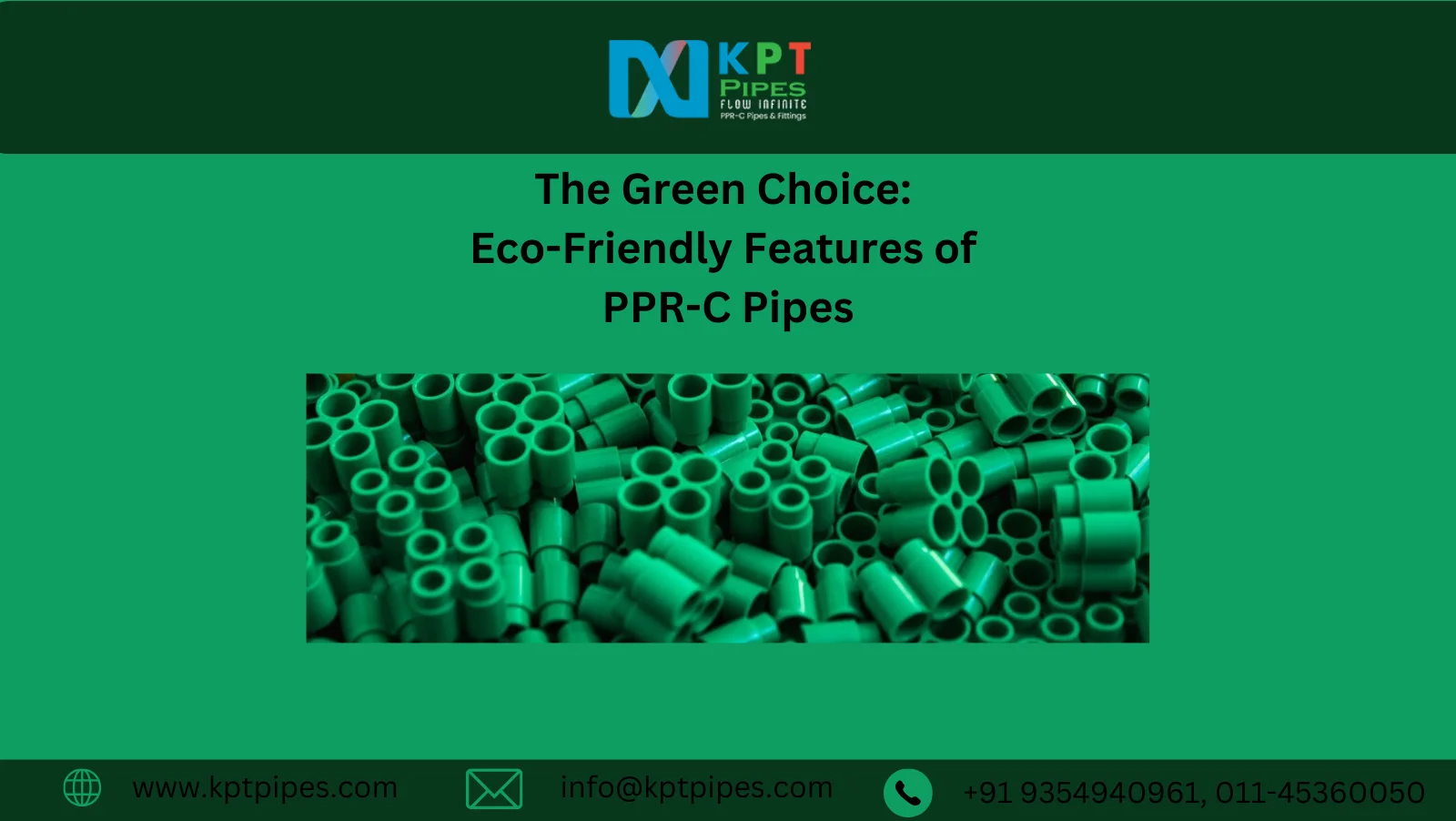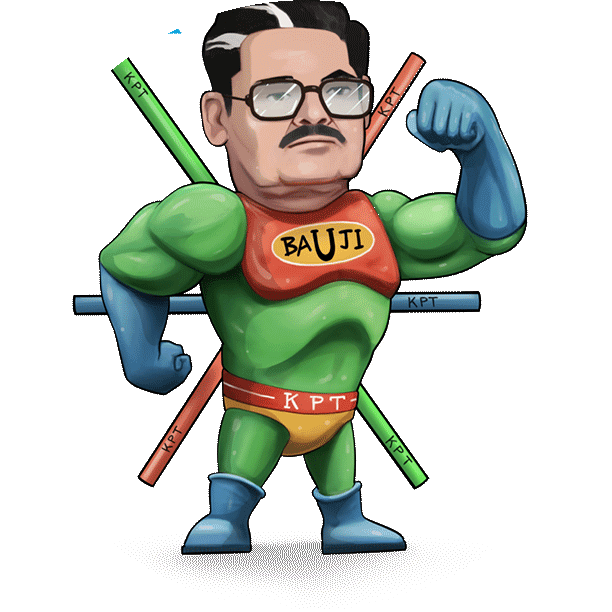
06 Sep The Green Choice: Eco-Friendly Features of PPR-C Pipes
In a world increasingly concerned with environmental sustainability, every decision we make can have a significant impact on the planet. This includes the materials we choose for our construction projects, plumbing systems being no exception. Polypropylene random copolymer (PPR-C) pipes have emerged as a green choice for plumbing systems due to their eco-friendly features. In this blog post, we will explore why PPR-C pipes are becoming the preferred option for environmentally-conscious individuals and businesses.
Recyclable Material:
PPR-C pipes are made from polypropylene, a thermoplastic polymer that is 100% recyclable. Unlike some other materials used in plumbing systems, PPR-C can be melted down and reformed into new pipes or other plastic products, reducing the demand for new raw materials and minimizing waste.
Low Environmental Impact:
The manufacturing process of PPR-C pipes is known for its low environmental impact. It requires less energy and produces fewer greenhouse gas emissions compared to other materials like PVC or metal pipes. This means that choosing PPR-C pipes can help lower the carbon footprint of your construction project.
Longevity and Durability:
PPR-C pipes are known for their exceptional durability, which means they have a longer lifespan than many other pipe materials. This longevity reduces the need for frequent replacements and repairs, further minimizing the environmental impact associated with manufacturing and transporting new pipes.
Chemical Resistance:
PPR-C pipes are low resistant to chemicals, which means they do not corrode or degrade easily. This resistance ensures that harmful chemicals do not leach into the water supply, protecting both the environment and human health.
Energy Efficiency:
PPR-C pipes are excellent insulators of heat. This property reduces the loss of energy in hot water systems, helping homeowners and businesses save on energy bills and reduce their overall energy consumption. Lower energy usage translates to a smaller carbon footprint.
Low Maintenance:
PPR-C pipes require minimal maintenance over their lifespan. This not only saves homeowners and businesses time and money but also reduces the need for maintenance-related resources and waste.
Non-Toxic Material:
PPR-C is a non-toxic material, which means it does not release harmful substances into the water supply. This is especially important for drinking water applications, as it ensures the water remains safe and clean for consumption.
Easy Installation:
PPR-C pipes are lightweight and easy to handle, making installation more efficient. Reduced installation time means fewer emissions from construction equipment and vehicles.
Versatility:
PPR-C pipes can be used for a wide range of plumbing applications, from hot and cold water supply to heating systems. This versatility makes them a suitable choice for various construction projects, further enhancing their eco-friendly credentials.
In conclusion, PPR-C pipes are the green choice for plumbing systems due to their recyclability, low environmental impact, durability, chemical resistance, energy efficiency, reduced water waste, low maintenance requirements, non-toxic properties, ease of installation, and versatility. By opting for PPR-C pipes, you can contribute to a more sustainable future by reducing your environmental footprint and promoting responsible construction practices. At the same time, it is evident PPR is a much superior choice with minimal disadvantages compared to other piping solutions. Making eco-friendly choices like these is not just good for the planet; it’s also a wise investment in the long-term health and efficiency of your plumbing system.


